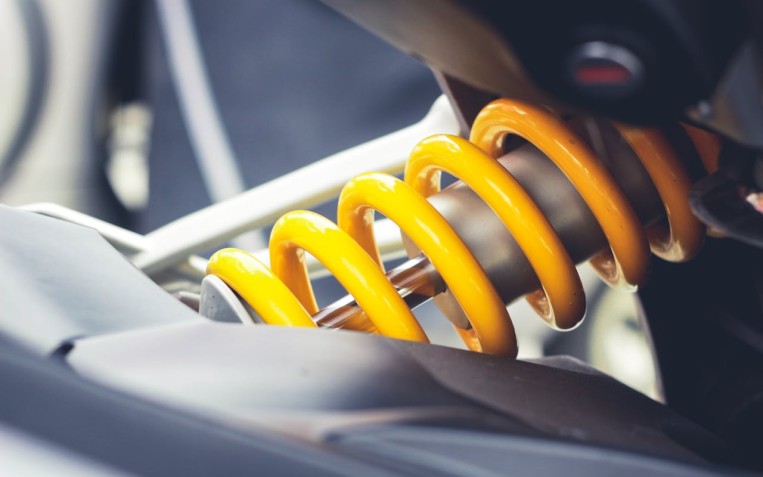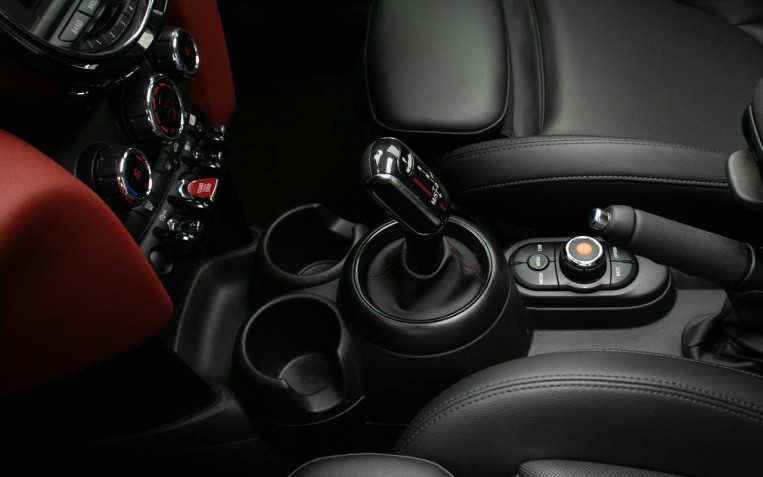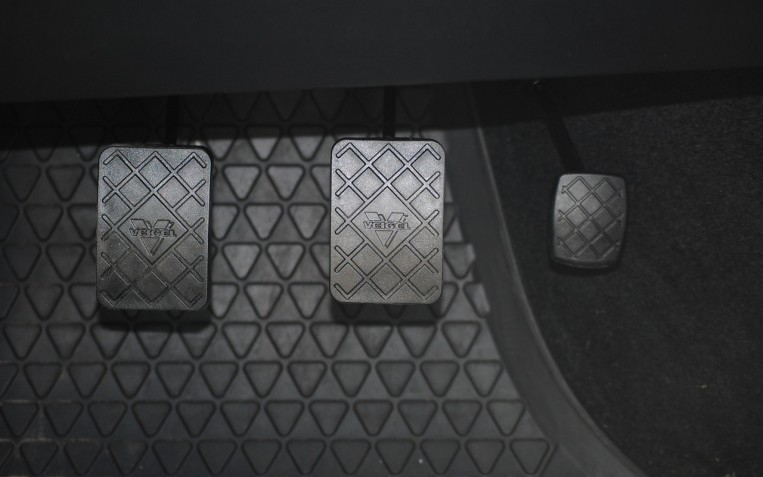DVLA Scam Texts to be aware of

Scammers are always coming up with new ways to try and steal your information. Often, you’ll see emails claiming to be from companies or organisations like Amazon, PayPal or HMRC, asking you to click on a link to claim a refund or accept a transfer of funds. When, in reality, these scammers are waiting for you to reveal your passwords or pins in order to take your hard-earned money.
While there has been increased awareness of phishing scams over email, many people haven’t heard of smishing, a similar strategy used by scammers to get you to reveal your personal information via text. A strategy that scammers have been using recently to cheat motorists with a DVLA refund scam text. This guide will explain the DVLA scam texts to be aware of so that you don’t get caught out.
Is my text from the DVLA a scam?
Yes, it’s likely your text from the DVLA is a scam. You should be suspicious of any company that uses text messaging to advise that they will be giving you money. It is rare for any company or organisation to contact you out of the blue via text, and even less likely for them to offer you a payment or bank transfer via text, too. The truth is, if something appears to be too good to be true, it usually is.
The DVLA has released a statement saying that they do not use emails or text messages to notify motorists of overpayments and would never contact you in this way to gain access to your personal information.
What do the DVLA scam messages say?
Although it may be different each time, generally DVLA scam messages will say something along the lines of;
“We have recalculated your vehicle tax, you are owed XXX amount due to overpayment”
Then there will usually be a link to click on to claim your refund. The website may look legitimate but is designed in this way to appear trustworthy.
What do I do if I get a suspicious text from the DVLA?
The best thing to do if you get a text from the DVLA that you are unsure of,is to delete the message, do not click on the link and report the incident directly to the DVLA.
What do I do if I have clicked on the link?
If you’ve already clicked on the link, you should close the page down and make sure not to enter any bank details or personal information. If you’ve already entered your details, you should call your bank immediately to stop any payments from going out and report the incident to action fraud.
Related Content

Should I have soft or stiff suspension springs for my vehicle?
Suspension springs are essential for maintaining your vehicle’s stability and ride height. Over time, the springs will succumb to wear and tear, which affects how your car handles, brakes and accelerates on the road. Discover whether you should...

What is engine braking?
Engine braking involves taking your foot off the accelerator pedal, allowing your car to slow down. Over time, the parts on your vehicle’s braki...

A guide to the different types of car clutches
The clutch is responsible for channelling the power from the engine, through to the gearbox, and the wheels. Your vehicle's clutch will differ dependi...

